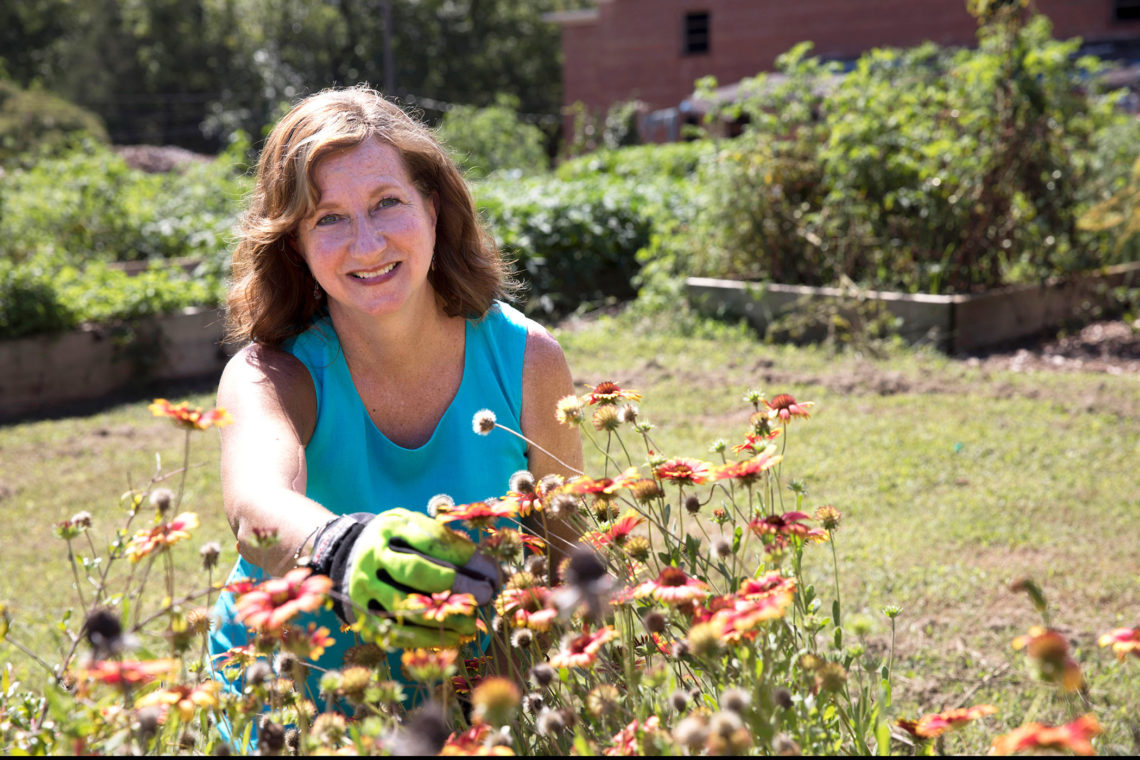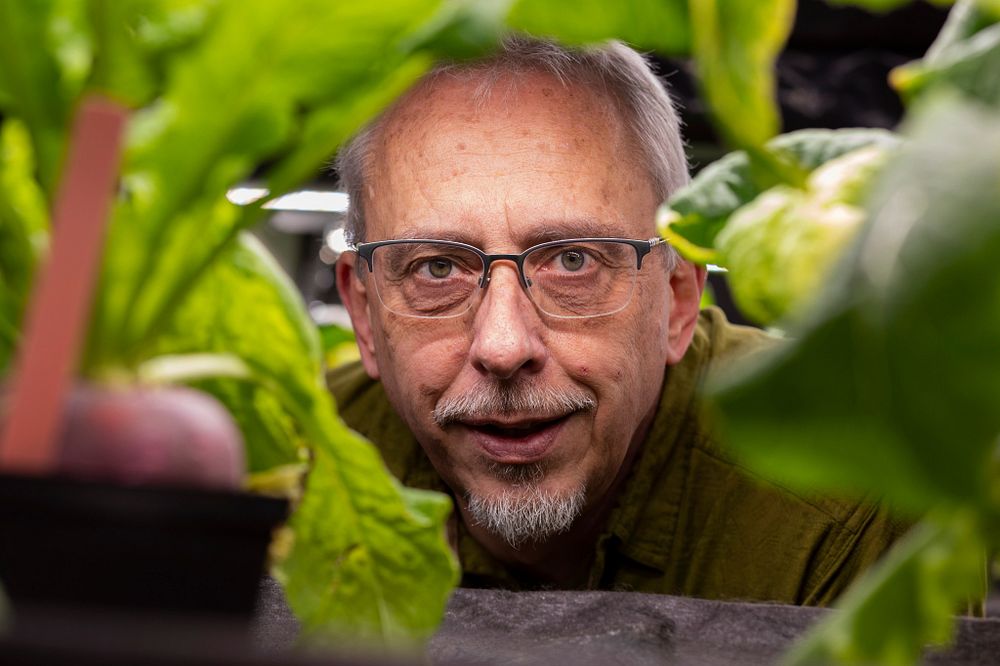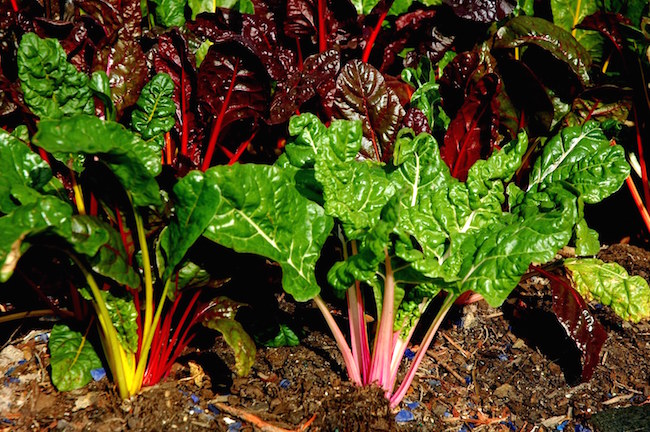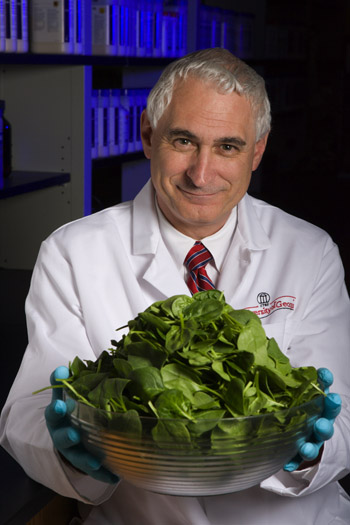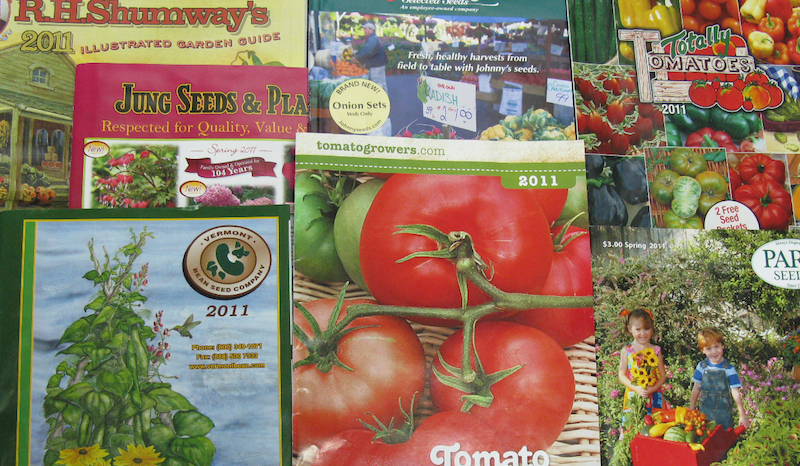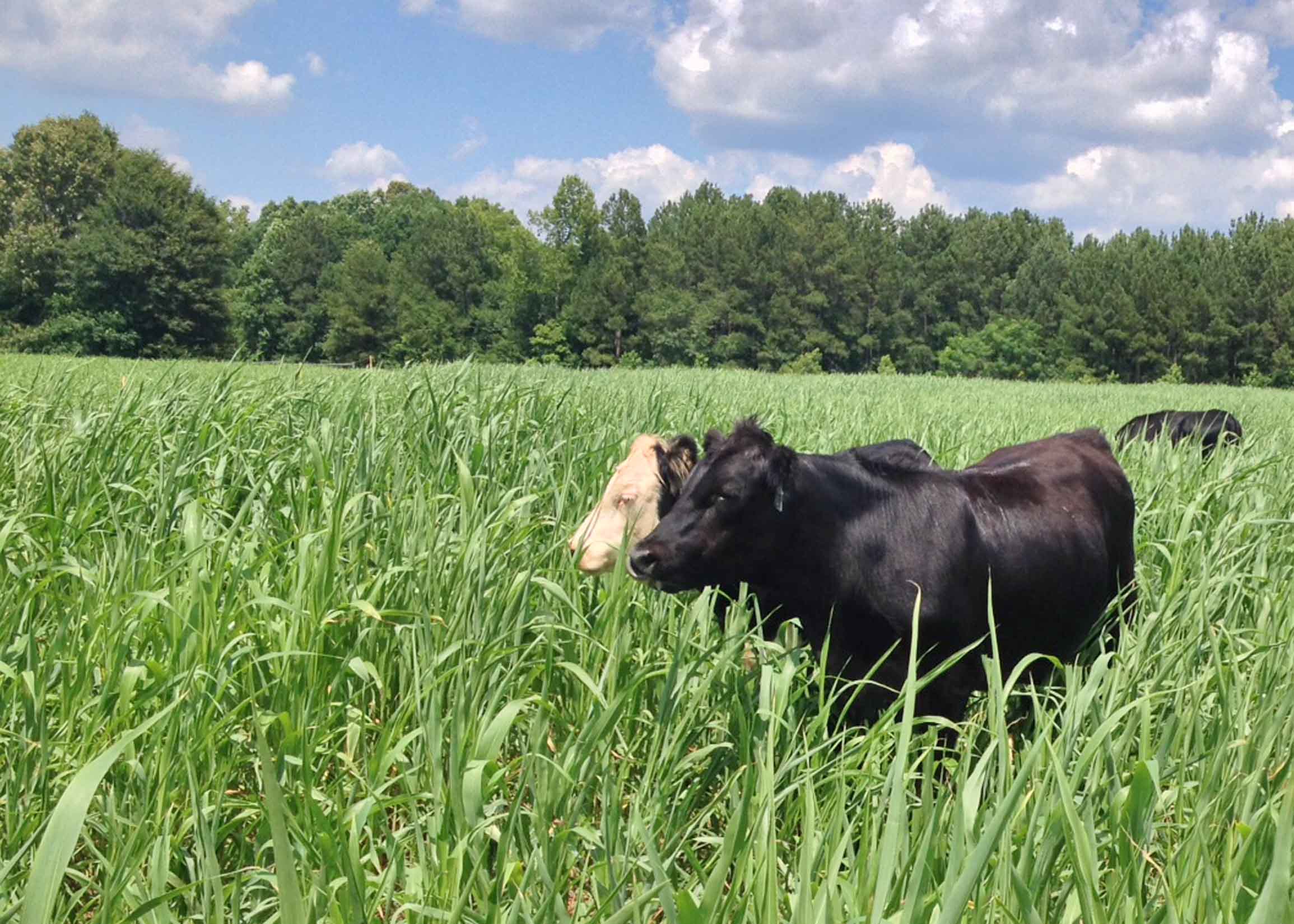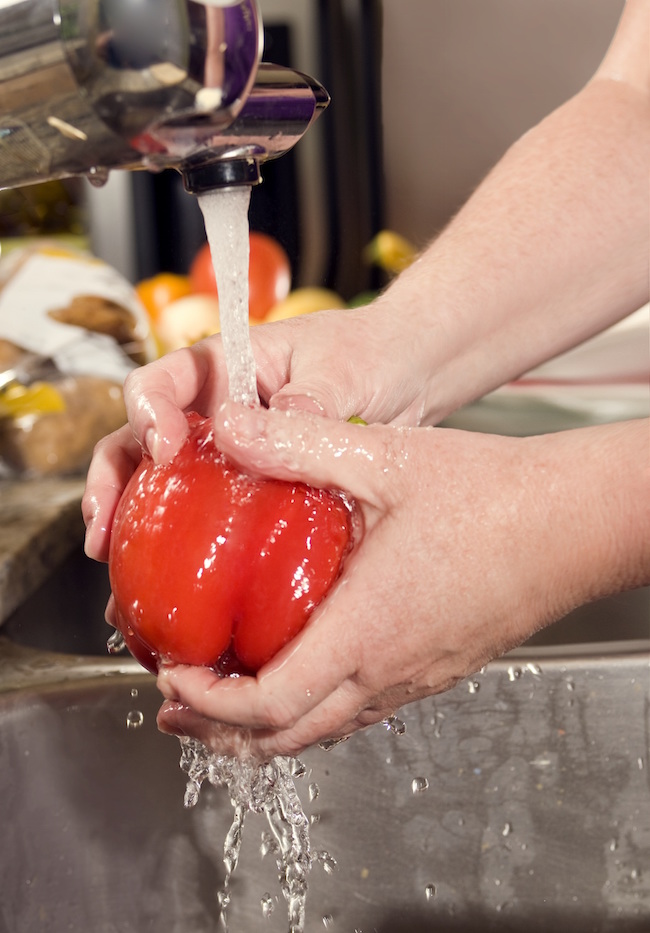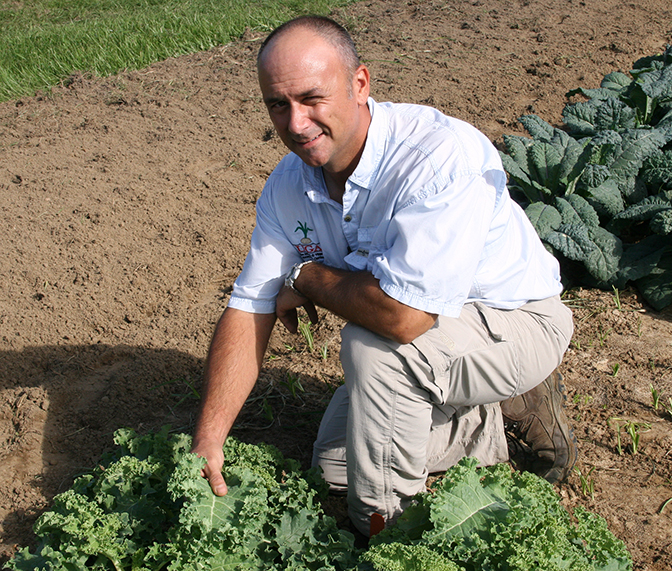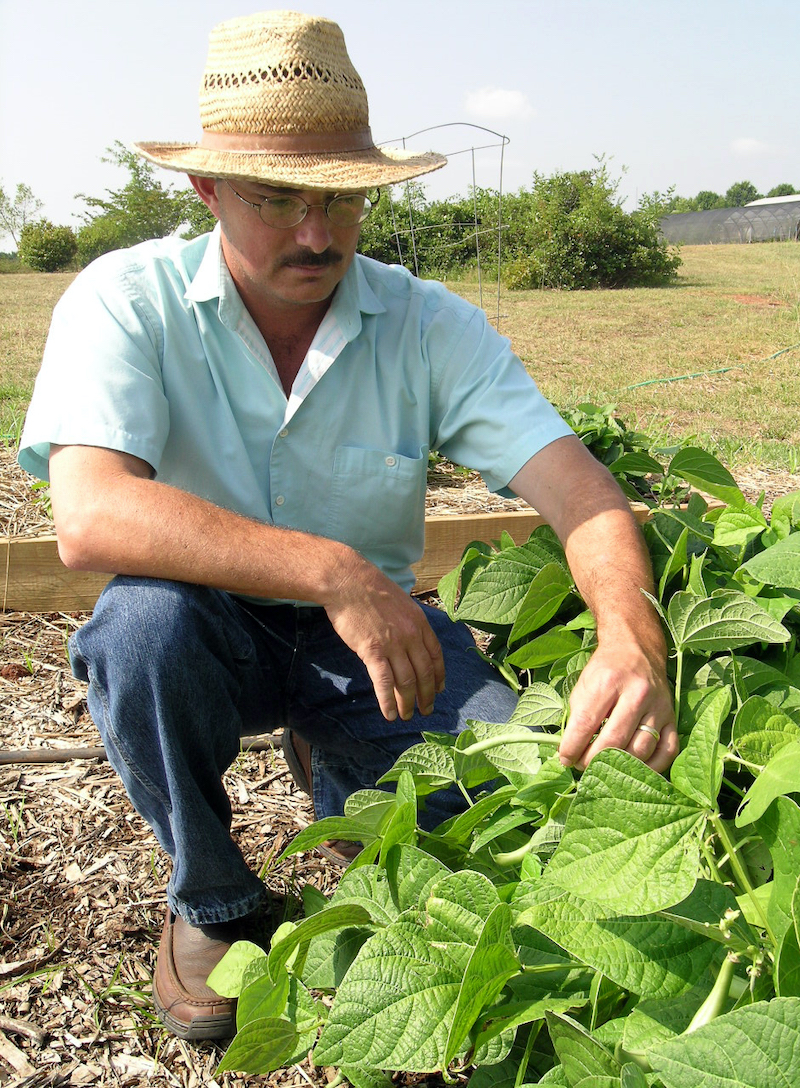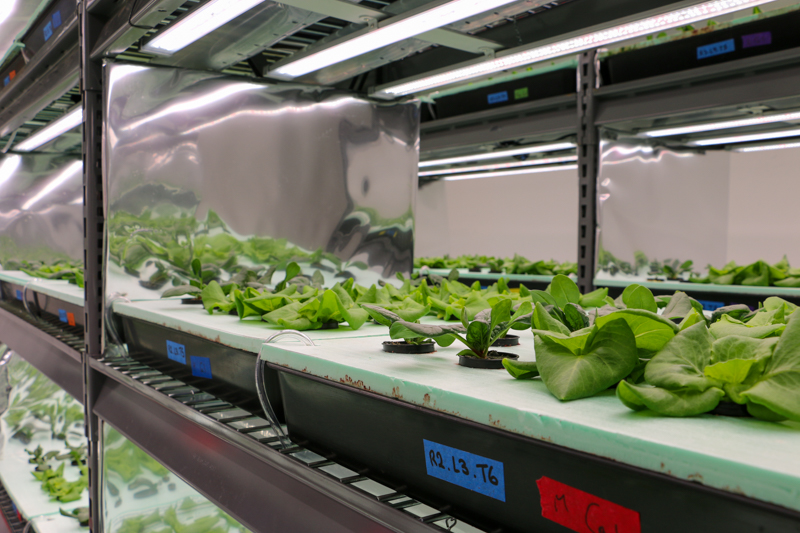 CAES News
CAES News
Vertical Farms
Thanks in part to a new partnership between the University of Georgia College of Agricultural and Environmental Sciences and Agrify, a company that produces vertical farming units, the controlled environment agriculture program at CAES has established two large-scale vertical farms on campus.

